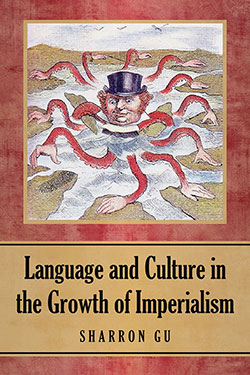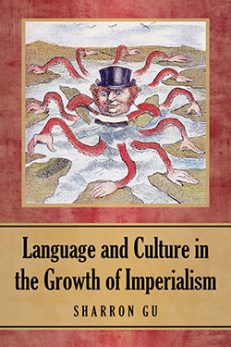Language and Culture in the Growth of Imperialism
$39.95
In stock
About the Book
Political science interpretations of international relations tend to focus on abstract terms of economic interest, domination, rights and justice. Trapped within this limited horizon, the discipline fails to explain why nations of similar economic structure would have variant ideas for their foreign policies, and why nations with different economic structures and ideologies could develop a similar global posture during certain periods of their histories.
This innovative study examines imperialism from a cultural and linguistic perspective, portraying the rise and fall of ancient Greek, Roman, medieval Islamic, modern British, Russian and American empires as a part of the natural life of world civilizations. As these imperial cultures matured through centuries of literary accumulation and interaction with other cultures, they finally found their confidence on the world stage and transitioned from an aggressive policy towards others to a more tolerant one.
About the Author(s)
Bibliographic Details
Sharron Gu
Format: softcover (6 x 9)
Pages: 311
Bibliographic Info: notes, bibliography, index
Copyright Date: 2012
pISBN: 978-0-7864-6848-5
eISBN: 978-0-7864-9093-6
Imprint: McFarland
Table of Contents
Acknowledgments vi
Preface 1
Introduction 3
PART ONE: THE BIRTH OF GOLDEN BOYS 13
1. Oral and Written Language: Greek and Roman Empires 14
2. God’s Word Written and Spoken: Roman and Islamic Empires 43
3. The Words of Law: Islamic and British Empires 61
4. Letters and Voices of English: British and American Empires 95
5. Old and New Songs: Russian and American Empires 107
PART TWO: GROWING UP AND PUBERTY 121
6. Black/White Vision of the World 122
7. Inflated Self and Playing God 169
8. Exaggerated Fear and Insecurity 183
PART THREE: MARRIAGE AND MATURITY 189
9. Expanding Worldview and Sharing Self 192
10. Confidence and Tolerance 212
Chapter Notes 245
Bibliography 274
Index 302





